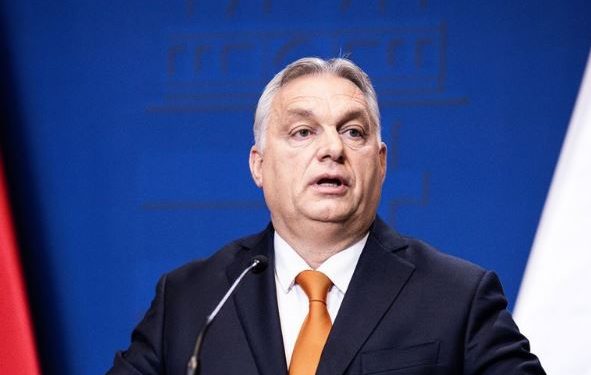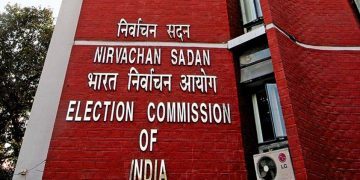The Hungarian Prime Minister Viktor Orban, a self-styled advocate of “illiberal democracy,” is now on a difficult and dangerous mission. He is trying to make the impossible possible by trying to reach out to Russian President Vladimir Putin, China’s President Xi Jinping and Far-Right forces of Europe from his position within the European Union. Since taking over the six-month rotating presidency of the Council of the European Union (EU) recently, he has been acting true to his reputation as a pro-Putin autocrat. His regime is marked by suppression of free speech and authoritarian rule. In this respect, he is beholden to Russia and China. At the same time, he is an admirer of former US President Donald Trump for the latter’s politics of intolerance and hatred for immigrants. As the new president of the Council, he has embarked on a diplomatic tour which he calls “peace mission” in Ukraine. But, this initiative proves to be problematic for his EU partners for two reasons. First, he has no mandate for it. It is his own idea and for this very reason it is suspect. Secondly, it pays no heed to the restrictions imposed by the Western powers on Russia and on their relations with Putin for his invasion of Ukraine.
Putin is also under an arrest warrant from the International Criminal Court (ICC) for war crimes. This has made it all the more important for Putin to get international attention by being seen with leaders of friendly countries in Moscow. Interestingly, Putin cannot set foot on foreign soils that are under the ICC jurisdiction and as such are bound to execute the arrest warrant. A few weeks back he had travelled to North Korea where he was welcomed with open arms.
What has irked EU member countries is that a few days after his stopover in Kyiv, Orban showed the gumption to first meet Putin in Moscow, then Jinping in Beijing and finally Trump at his Mar-a-Lago residence in Florida. It was indeed a remarkable whistle-stop tour.
On July 11, as soon as the NATO summit organised in Washington by US President Joe Biden ended, Orban rushed to see Trump. He seems to have a special chemistry with Trump as is borne out by the fact that this was his second visit to Trump in the current year. He had already described the former Republican president as a “man of honour” after his conviction in one of the many legal cases he is facing. Hungary has the distinction of being a member of both the EU and NATO. Orban has astutely used this advantage to the hilt to serve the interests of Putin and Xi, considered as more or less masked enemies and adversaries of the two institutions. As such, this tour can be seen as contrary to European interests.
Orban is also propelled by his self-interest to refurbish his image back in his own country which got dented following his party’s setback in the European elections. He intends to convince the electorate at home that he is not as isolated as his detractors claim. As part of his strategy to project himself as an acceptable figure in Europe he has taken the main initiative to form a new group in the European Parliament called the Patriots of Europe. Such a bloc brings together several FarRight parties. The group to be chaired by Jordan Bardella, the president of the Rassemblement National of France, will be the thirdlargest in the European Parliament.
However, members of the European Parliament have voiced their concern over the development. In a letter addressed to European Commission President Ursula von der Leyen and others, 63 MEPs have demanded Hungary’s EU voting rights be stripped after its Prime Minister’s trips to Russia and China. They have stated Orban “has already caused significant damage by exploiting and abusing the role of the Council Presidency.”
The whole episode shows how the tussle between liberal and autocratic forces in developed countries is acquiring new dimensions.






































